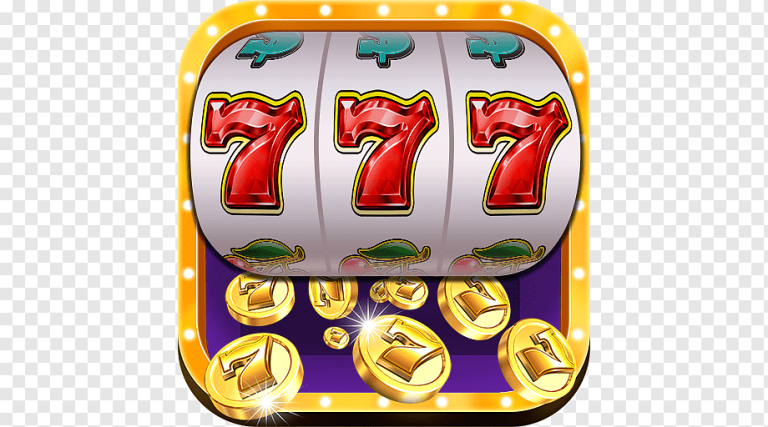
Table of Contents
Gambling in blockchain
In many online casinos, it is impossible to check the data on the solvency of an online casino, view statistics, or track whether the winnings have reached the winner. But, fortunately, all these problems are solved by cryptocurrencies and blockchain. Thanks to the solutions of the crypto market, any user can check the balance of the gambling platform, find out the rules of the gambling protocol, see if the conditions of referral programs are met and whether payments are made to the winners. Ordb.org will help you to figure out how the crypto gambling market works, what advantages crypto casinos offer and how they differ from ordinary online platforms, as well as what are the prospects for this sector.
How does the crypto gambling market work?
Cryptocurrency gambling platforms basically operate in the same way as their traditional online counterparts. The main differences are only that:
- bets are made in cryptocurrencies,
- blockchain allows transactions to be verified,
- smart contracts are responsible for paying winnings.
There are two main types of crypto gambling platforms: some work only with cryptocurrencies, while others accept bets in both cryptocurrencies and fiat currencies.
Most online casinos and gambling sites operate on the Ethereum, TRON, and EOS blockchains. The last two are more popular as they have lower fees and faster transactions. Among the accepted crypto assets, the most popular are BTC, ETH, LTC, BCH, DOGE, USDT, TRX, EOS, DASH, XMR, XLM.
In addition to the two types of blockchain gambling platforms, there are two different categories of developers on the market:
- game developers – they create games on the blockchain, which crypto-casinos and other blockchain platforms integrate into their services. For this, developers receive a percentage of each bet – an average of 5-15%. The biggest players in this sector are Microgaming, Netent, Endorphina, and Pragmatic Play;
- developers of blockchain platforms and website engines — they ensure the operation of gambling sites on the blockchain.Crypto casino can create a blockchain module from scratch, but most often they use ready-made solutions. Developers of such solutions also charge a commission of 5-10%. The key players in this sector are Betconstruct, Casexe, Everymatrix, Softswiss, and TruePlay.
It is the developers of blockchain platforms that largely determine what the crypto gambling sector looks like. Let’s consider the role of these participants in the crypto-gambling market using the example of the TruePlay developer. It provides turnkey solutions for businesses and gambling providers based on the Ethereum blockchain. The company is also releasing a module called TrueSign to keep track of all transactions and stakes in blockchain casinos. At the same time, the honesty and reliability of the TruePlay smart contract were confirmed by the Hacken․io auditor.
How the crypto gambling market is developing?
There are no exact statistics on the crypto gambling market. However, the crypto sector can occupy up to 4% of all gambling sites in the world. In 2020, the size of the online gambling market amounted to $66.7 billion; 4% of this amount is more than $2.66 billion. At the same time, in 2020 the crypto gambling market could reach $6 billion, and in 2021 – up to $10 billion.
The first crypto casinos appeared in 2013. But the explosive growth of the sector did not happen then. Interest in crypto gambling has skyrocketed in 2020 and 2021 amid yet another cryptocurrency bull market. So, crypto gambling traffic in 2021 has tripled compared to the previous year. Moreover, most of the growth came from crypto-gambling mobile applications. Moreover, in the first half of 2021 alone, the market added over 952% compared to the second half of 2020.
The leaders in the growth of crypto gambling adoption are the USA, Great Britain, India, Canada, and Germany, as well as the countries of South America and Asia. The growth of the sector in the US was greatly facilitated by the legalization of online sports betting in 23 states in May 2018. At the same time, online casinos are prohibited in the country.
How the crypto gambling market is regulated?
Crypto gambling is still largely a gray market. Most platforms do not conduct KYC/AML checks and operate without any kind of license. For example, out of 14 members of the Crypto Gambling Foundation, only three have a special iGaming license from the island of Curacao.
However, without a license, the platform cannot work with banks and accept fiat payments, and its website risks being blocked. Therefore, those crypto-gambling platforms that decide to operate absolutely legally most often receive a license in one of four jurisdictions, including:
- self-governing island of Curaçao, located in the Caribbean and is part of the Kingdom of the Netherlands. The island has been granting gambling licenses since 1993. This is one of the most economical, quick, and easy ways to get a license to run a gambling business. Also, the jurisdiction is benevolent towards crypto-startups. The island does not charge VAT, and the income tax is only 2%;
- The Kahnawake reservation in Canada is another popular online gambling jurisdiction. The local regulator is known for its strict fair play rules, as well as for preventing minors from gambling and countering money laundering. Therefore, players have more confidence in the license of Kahnawake than in the license of same Curacao;
- Malta is one of the best jurisdictions for crypto start-ups, aiming to become a “blockchain island”. The local license is the most expensive of those presented, but also the most valuable due to the developed crypto infrastructure and the large number of players registered in Malta.
- Costa Rica – does not issue a separate online gambling license, but allows you to register a company in the country. After that, the crypto gambling platform can legally work with users around the world.
Also popular are the jurisdictions of Gibraltar, the Isle of Man, Antigua, and Barbuda.
Conclusion
Blockchain ensures the transparency of the work of gambling platforms: users can check the balance of the service, the honesty of the algorithm, and the frequency of payments. This makes the crypto gambling sector more attractive than simple gambling sites. However, the blockchain, despite the fact that it makes the game fair, does not guarantee victory. Therefore, do not play with money that you are not ready to lose.







